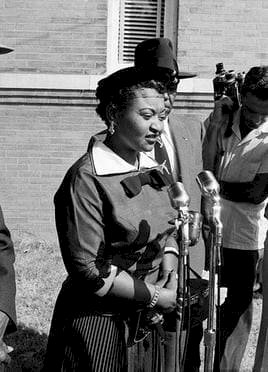
Legendary African American Activists Who Made History
The Black Lives Matter movement is in the spotlight again after the death of George Floyd. His last words, “I can’t breathe,” sparked outrage across the country, and protests broke out in Minneapolis, Minnesota, as well as other states throughout the US.
The issue of police brutality against African-Americans is not a new issue and forms a defining part of history for black Americans. As questions rage on whether Derek Chauvin and the other cops involved will be justly punished for their deeds, let us look at how African Americans have had to fight for their rights since the Jim Crow laws were implemented in the 1870s.
1. Rev. Dr. Pauli Murray
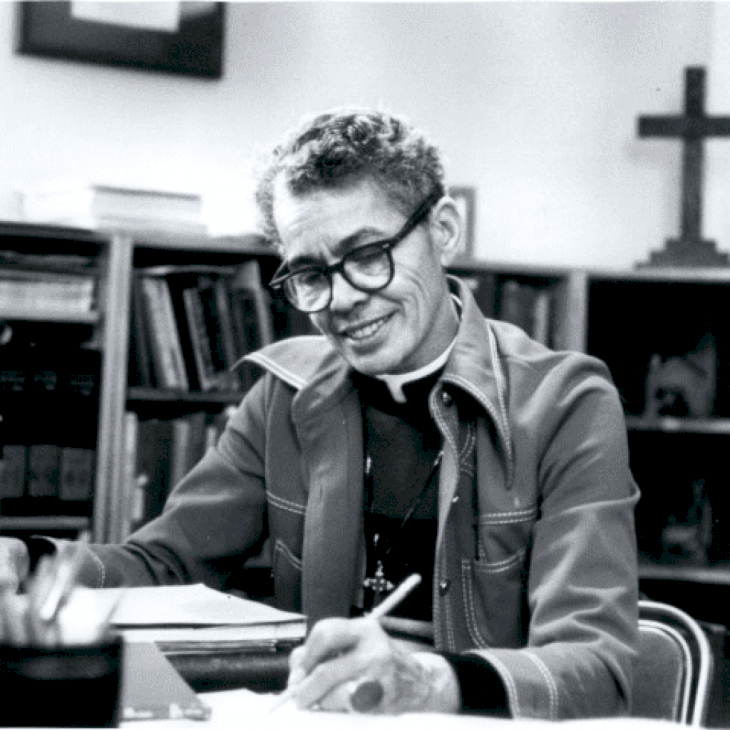
Wikimedia Commons
The only woman at Howard Law School in 1944, Murray was also the top of her class. She had an idea to challenge the “separate” in “separate but equal” legal doctrine, Plessy v. Ferguson while discussing the Jim Crow laws. Murray argued that segregation was unconstitutional. Her theory became the basis of her 1950 book, States’ Laws on Race and Color.
NAACP attorney Thurgood Marshall called the book the “bible” of Brown v. Board of Education. When Murray died in 1985, public awareness of her many contributions continued to grow. In 2012, she was sainted by the Episcopal Church and in 2017, Yale named a residential college in her honor. She also became an icon for the LGBTQ community because of her progressive approach to gender fluidity.
2. Mamie Till Mobley
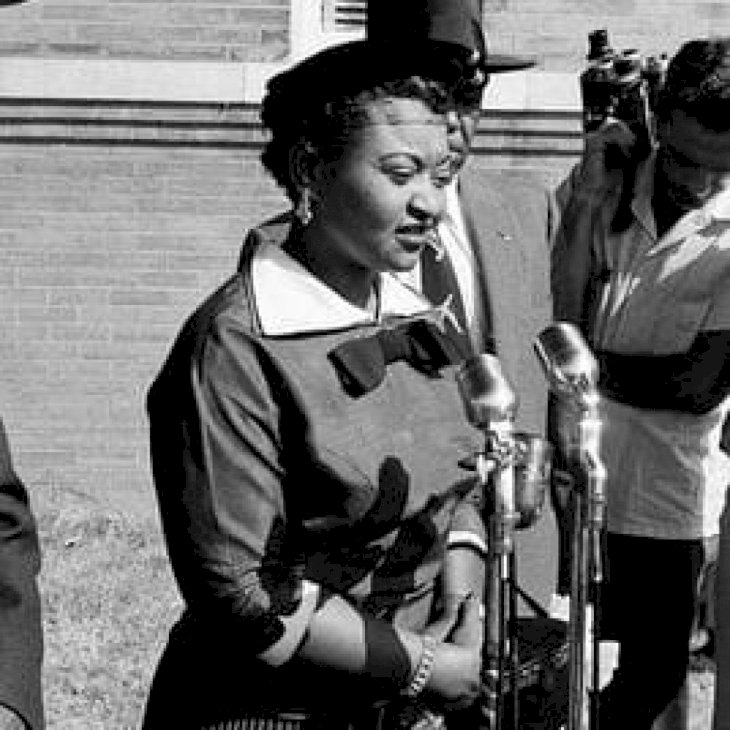
Wikimedia Commons
Mamie Mobley is the mother of Emmett Till, who was lynched in 1955 in Mississippi by two white men who claimed that he had “wolf-whistled” at one of their wives. Mississippi officials tried to dispose of the lynched teenager’s body quickly, but Mobley obtained a court order to have her child’s remains returned to Chicago.
She insisted Emmett’s brutalized body should be displayed during his funeral, even though his casket arrived padlocked and sealed with the state seal of Mississippi. “I want the world to see what they did to my boy,” the grieving mother explained. While her goal wasn't activism, she helped inspire the civil rights movement with Rev. Jesse Jackson remarking that she “broke the emotional chains of Jim Crow” after she passed.
3. Claudette Colvin
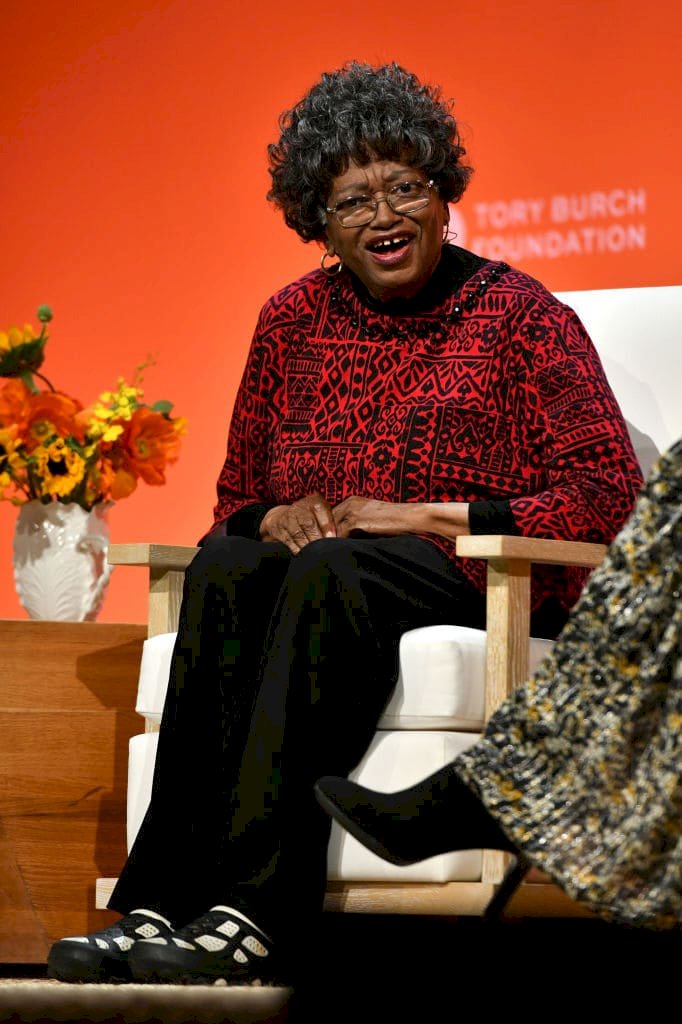
Getty Images
15-year-old Claudette Colvin was moved by the story of freedom fighters when her high school observed Negro History Week in 1955. Colvin got her chance to put up her own fight when she and three other black students were told to give up their seats for white women in downtown Montgomery.
“It felt like Sojourner Truth was on one side pushing me down, and Harriet Tubman was on the other side of me pushing me down. I couldn’t get up.”
She was arrested and put on probation. Her rebellion came nine months before Rosa Parks’s protest who became the face of the NAACP's civil rights battle and Montgomery bus boycott. Colvin later joined three other women—Mary Louise Smith, Aurelia Browder, and Susie McDonald—as the plaintiffs in the Browder v. Gayle case that ultimately overturned bus segregation in Alabama.
4. Maude Ballou
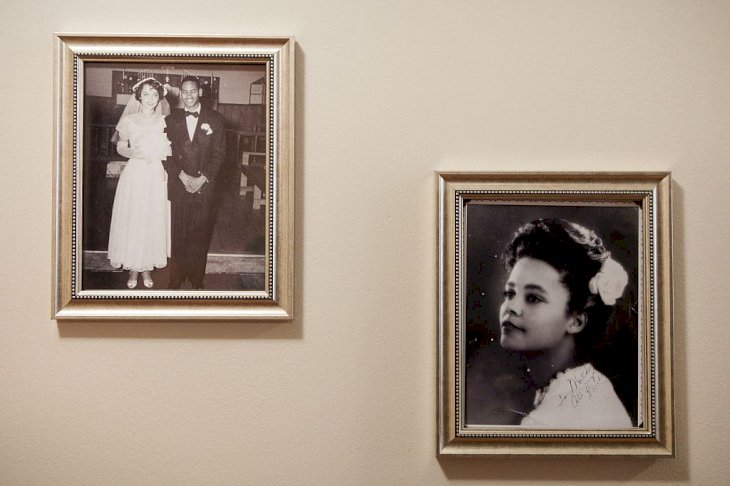
Getty Images
Maude Ballou served as Martin Luther King, Jr.’s personal secretary from 1955 to 1960. Her work placed her in enormous danger. Ballou’s children’s lives were threatened, and KKK members watched her at work through the windows of the church, but Ballou just kept on working.
“I was a daredevil, I guess. I didn’t have time to worry about what might happen, or what had happened, or what would happen.”
She told The Washington Post in 2015.
Ballou went on to serve as a teacher and college administrator. She passed away at 93 years old on August 26, 2019.
5. Diane Nash
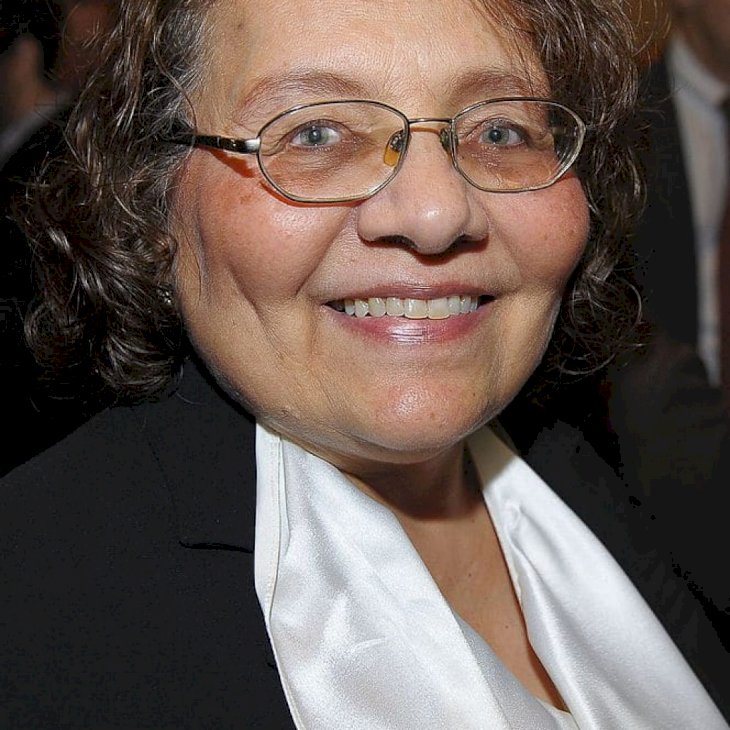
Getty Images
As a native of Chicago, Diane Nash hadn’t experienced desegregation within the Jim Crow South until she attended Fisk University in Nashville, Tennessee. She became the chairperson of the Student Nonviolent Coordination Committee (SNCC) in 1960 and organized nonviolent sit-ins at segregated lunch counters throughout Nashville.
Nash took on other challenges such as the Freedom Rides, a protest against segregated bus terminals. Under Nash’s direction, SNCC continued the protest from Birmingham, Alabama, to Jackson, Mississippi. John Seigenthaler, the assistant to Attorney General Robert Kennedy Jr., tried to persuade her to end the Freedom Rides, insisting the bloodshed would continue if they persisted. Nash told Seigenthaler that they knew the risks involved and had prepared their wills before continuing the Freedom Rides.